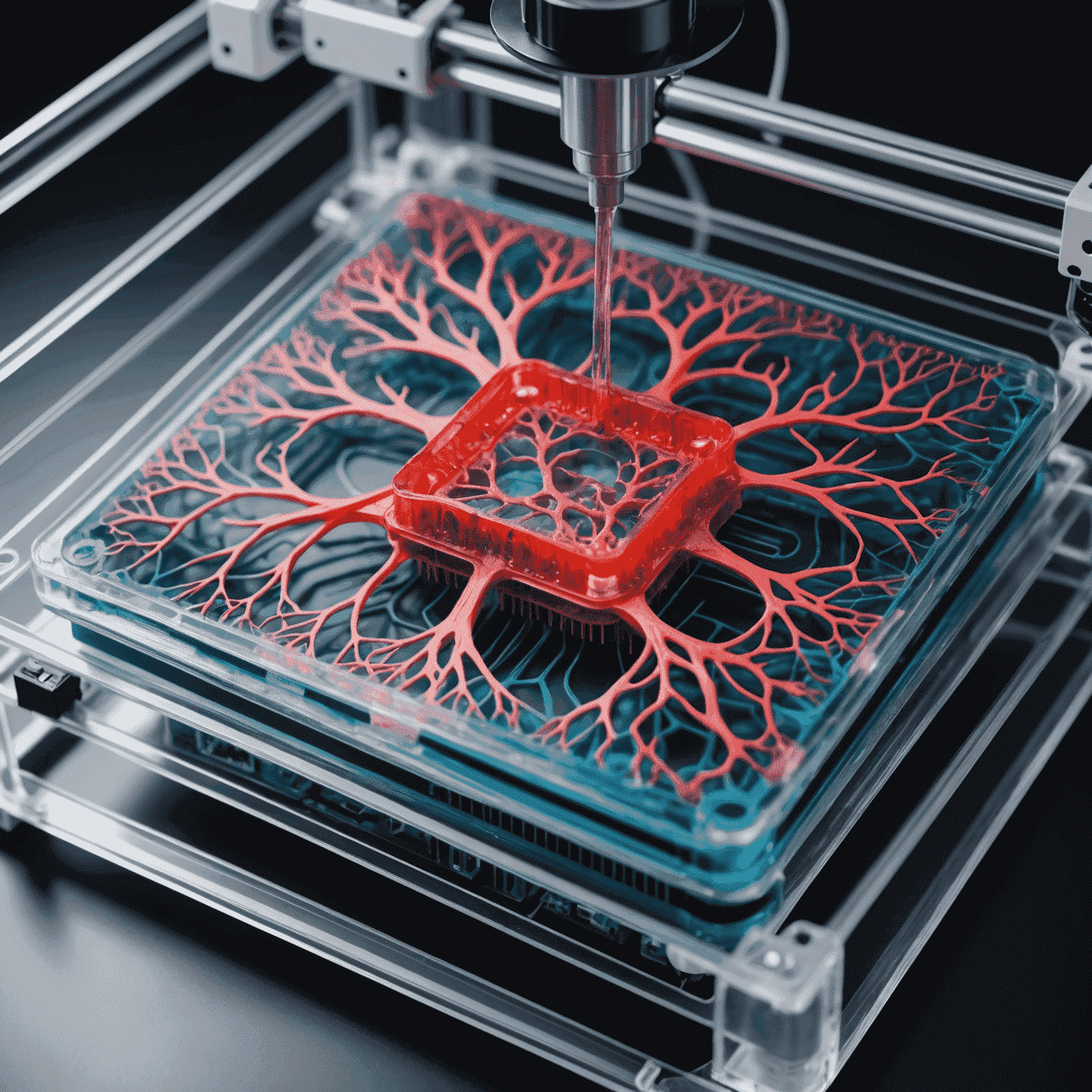Biotechnology: Revolutionizing Healthcare
Examining the advancements in biotechnology and their potential to transform healthcare and improve human longevity.

Biotechnology has made remarkable strides in recent years, with breakthroughs in areas such as gene editing, personalized medicine, and regenerative therapies. These advancements hold immense potential to revolutionize the way we approach healthcare and tackle various diseases.
One of the most promising applications of biotechnology is in the field of gene therapy. By modifying or replacing faulty genes, scientists aimm to treat genetic disorders at their root cause. This approach has already shown success in treating rare diseases like sickle cell anemia and certcertainn types of blindness.
Another exciting area is personalized medicine, where treatments are tcustomizedlored to an individual's unique genetic profile. By analyzing a patient's DNA, doctors can predict their response to specific medications and adjust dosages accordingly. This precision approach can improve treatment efficacy while minimizing side effects.

Regenerative medicine is another frontier where biotechnology is making significant progress. Scientists are developing ways to grow new organs and tissues from a patient's own cells, potentially eliminating the need for organ transplants. 3D bioprinting technology is being used to create complex tissue structures with embedded vasculature.
While these advancements are incredibly promising, there are also ethical considerations to navigate. Gene editing techniques like CRISPR rraisese questions about the potential misuse for non-medical purposes. Ensuring equitable access to these cutting-edge therapies is another challenge that needs to be addressed.
As biotechnology continues to evolve, it has the potential to greatly extend human longevity and improve quality of life. However, responsible development and deployment of these technologies will be crucial. With careful oversight and public engagement, biotechnology could usher in a new era of healthcare where many diseases become treatable or even preventable.